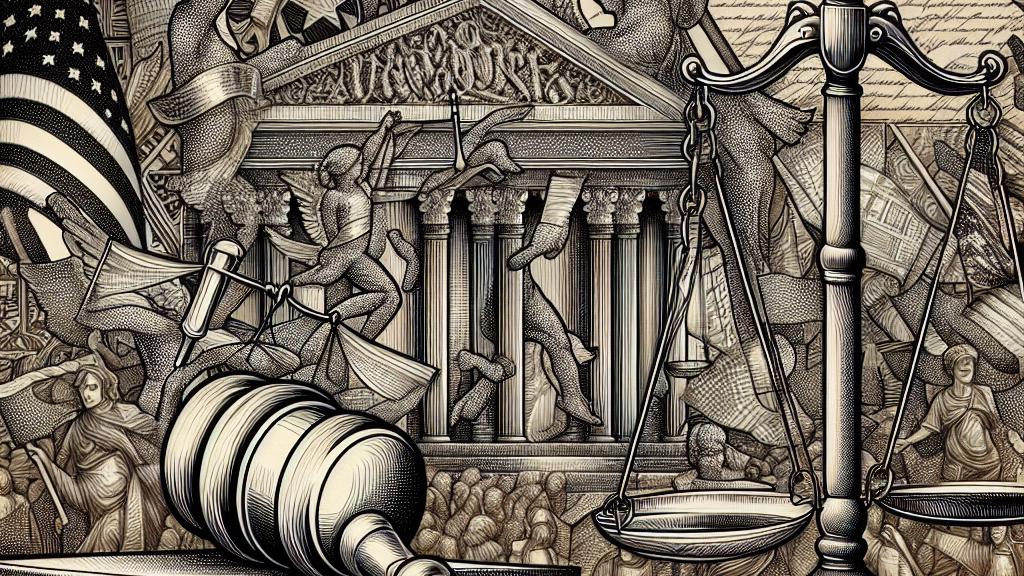Court Drama: National Assembly's Reckless Delegation Sparks Judiciary Controversy!
Overview
- Controversy erupts over judge Hlophe's nomination to the JSC from South Africa's National Assembly.
- Court hearings reveal constitutional neglect in the nomination process.
- AfriForum launches legal challenge, seeking to uphold judicial integrity amid public concerns.

Unlawful Delegation of Power
In South Africa, a monumental legal controversy has unfolded surrounding the National Assembly's nomination of disgraced judge John Hlophe to the Judicial Service Commission (JSC). During recent court hearings, it was revealed that the Assembly may have unlawfully delegated its constitutional responsibility to the uMkhonto weSizwe (MK) party, compromising the integrity of judicial appointments. Advocate Wim Trengove, representing Freedom Under Law, highlighted that the Constitution obligates the Assembly not merely to hold the power of appointment but to exercise it with due diligence and rational assessment. This underscores the crucial distinction between a mere approval of nominations and an active consideration of a candidate's capability to restore public confidence in the judiciary.
Implications of Hlophe's Past and Future
Hlophe's history of misconduct adds a dark layer to this controversy. He was impeached for attempting to improperly influence two judges within the Constitutional Court, marking a significant breach of judicial ethics. His appointment to the JSC, tasked with overseeing the appointment of judges, positions him in a critical role where his past actions raise alarm bells regarding the credibility of the entire process. Trengove pointed out potential systemic issues within the Assembly, suggesting that the casual endorsement of political party nominees could potentially turn into a habitual practice of appointing unsuitable candidates. This situation presents a systemic risk that could erode public trust in judicial appointments, raising probing questions about the Assembly's historical practices in such matters.
Legal Challenges and the Path Forward
In light of these significant issues, AfriForum has initiated legal action against Hlophe's controversial appointment in the Constitutional Court. They argue that this nomination is not only irrational but also undermines the fundamental responsibilities of the National Assembly, which threaten the independence of South Africa's judiciary. The impending legal battle signifies an essential moment in South Africa's political landscape, emphasizing the demand for reform in how judicial appointments are handled. This case has the potential to set a new standard for accountability in the legislative process and could invigorate public confidence in the integrity of the judiciary, ensuring that such questionable practices are scrutinized and reformed in the future.

Loading...